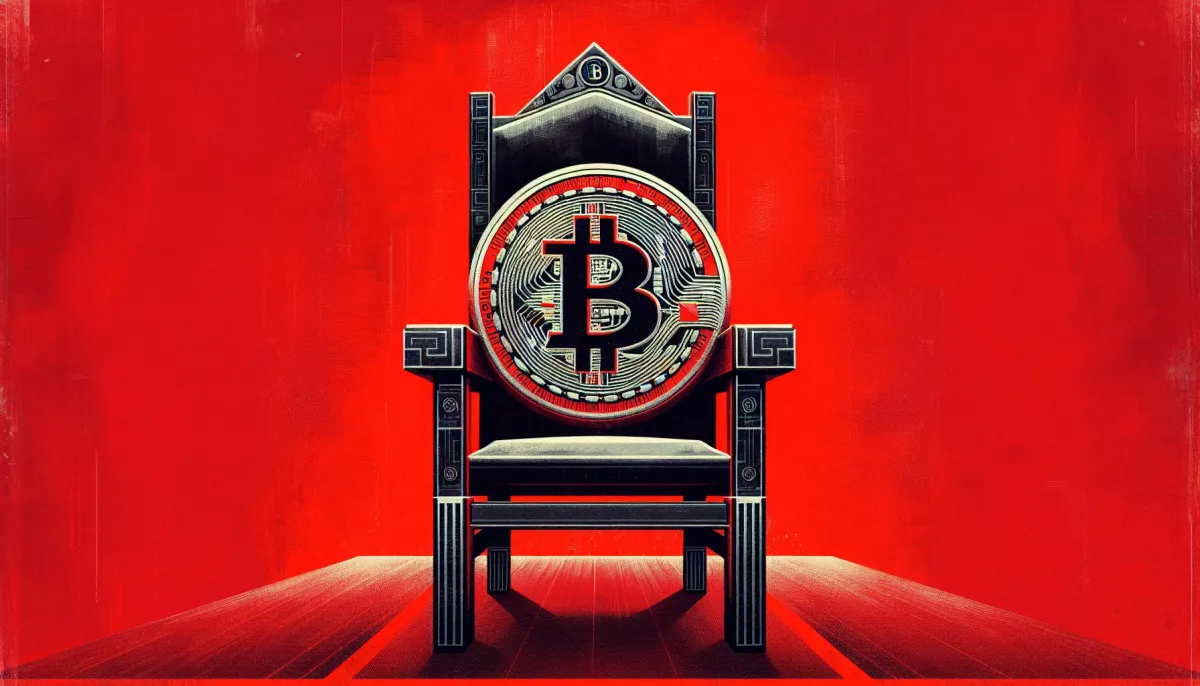Senator Cynthia Lummis is stepping up as the chair of the Senate Banking Subcommittee on Digital Assets. Senator Rick Scott, who leads the Senate Banking Committee, made this appointment. Lummis introduced the Strategic Bitcoin Reserve Act to the Senate in July 2024, right after the Bitcoin 2024 conference.
She has two main goals for the subcommittee. First, she wants to push for comprehensive digital asset legislation. Second, she aims to oversee federal regulatory agencies to prevent overreach. Lummis plans to include a market structure bill, clear regulations for stablecoins, and provisions for a Bitcoin strategic reserve in this legislation.
She stated, “If the United States wants to remain a global leader in financial innovation, Congress needs to urgently pass bipartisan legislation establishing a comprehensive legal framework for digital assets that strengthens the US dollar with a strategic Bitcoin reserve.”
This announcement has sparked a lot of speculation. Many are hopeful that a Bitcoin strategic reserve will soon be announced. Former Binance CEO Changpeng Zhao even said that Lummis’s appointment suggests a US Bitcoin strategic reserve is “pretty much confirmed.”
Several states, including Pennsylvania, Texas, Ohio, New Hampshire, and Wyoming, have already introduced legislation for Bitcoin strategic reserves. Coinbase CEO Brian Armstrong recently urged nation-states to create these reserves in a blog post. He said, “The next global arms race will be in the digital economy, not space. Bitcoin could be as foundational to the global economy as gold.”
During a panel at the World Economic Forum in Davos, Switzerland, Cointelegraph editor Gareth Jenkinson asked Armstrong about the potential for a US Bitcoin strategic reserve. Armstrong responded that the idea is still “alive and well,” despite the recent focus on memecoins and social tokens.
However, not everyone shares this optimism. CryptoQuant CEO Ki Young Ju expressed concerns in December 2024. He believes the likelihood of a Bitcoin strategic reserve in the US depends on the country's economic standing. Ju noted that President Donald Trump’s pro-Bitcoin stance might conflict with his promises to strengthen the US dollar and its position in international trade.
Ju stated that if the US economy is strong, it’s unlikely the President would support a Bitcoin strategic reserve. He also mentioned that Trump might change his pro-crypto rhetoric if the US dollar continues to strengthen against other currencies in global markets.

